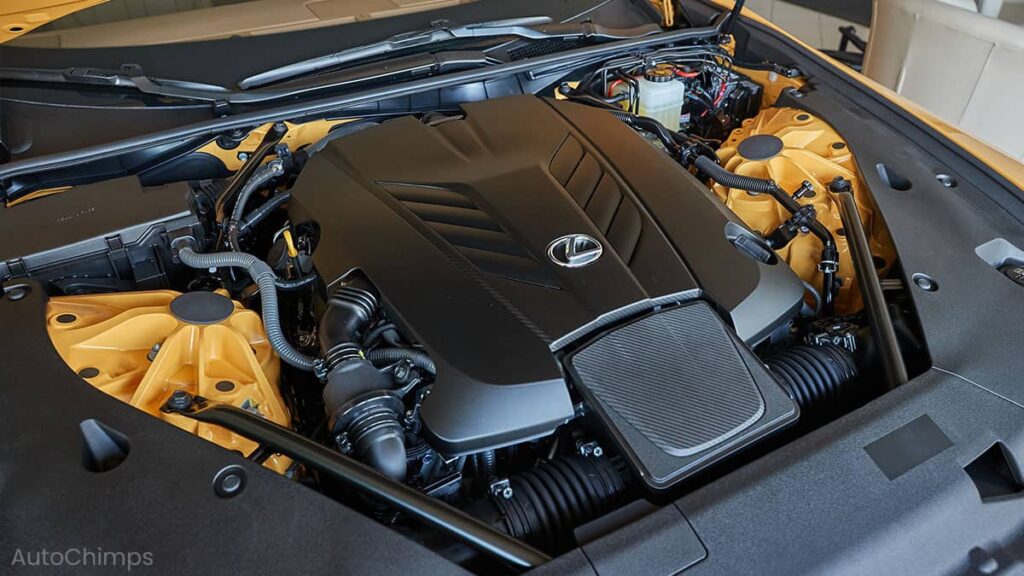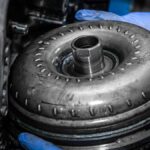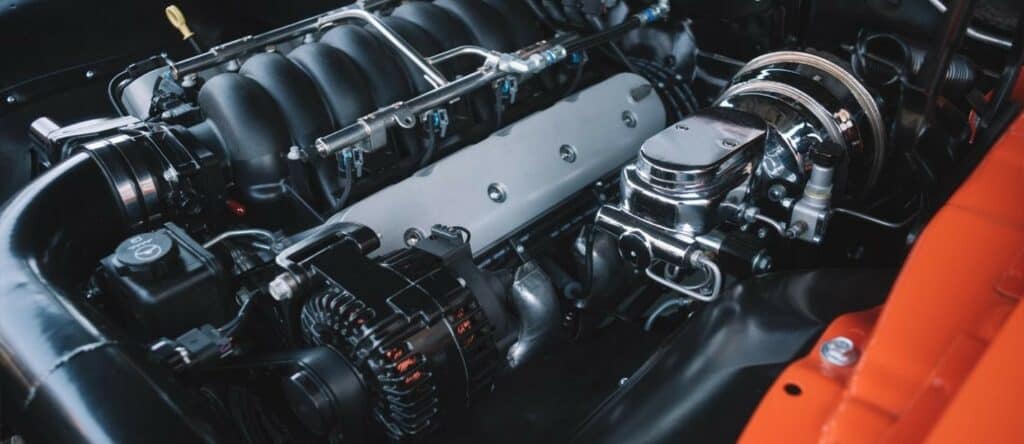
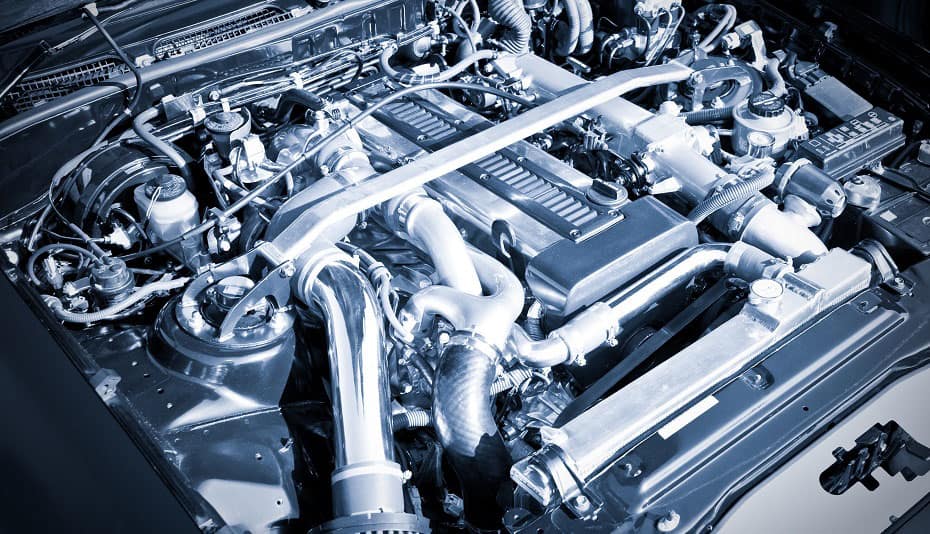
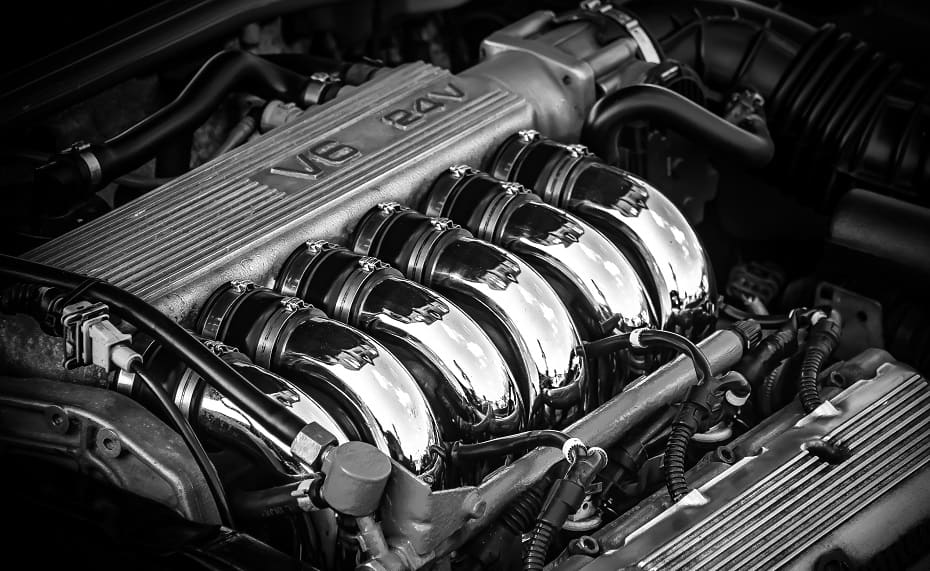
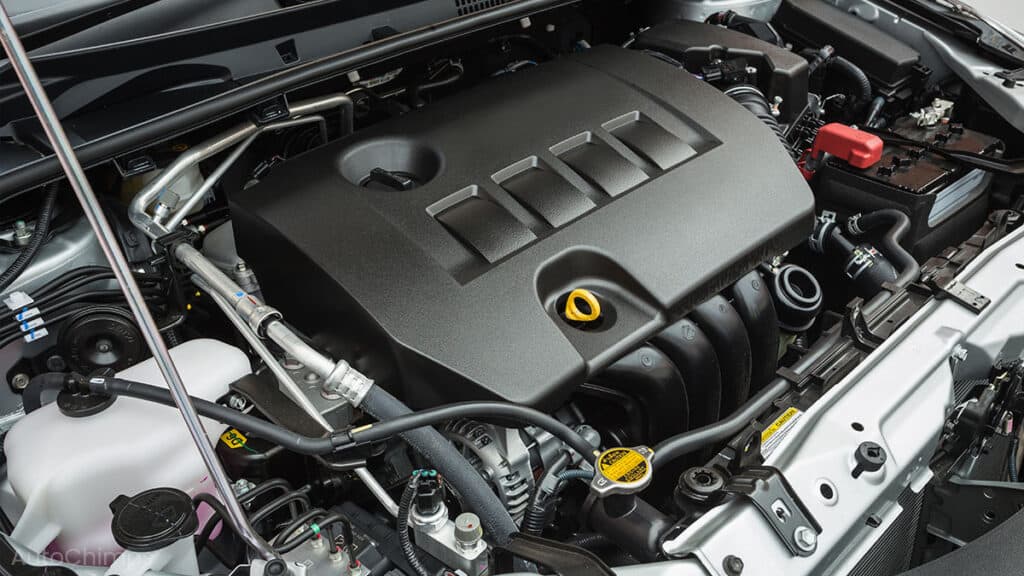
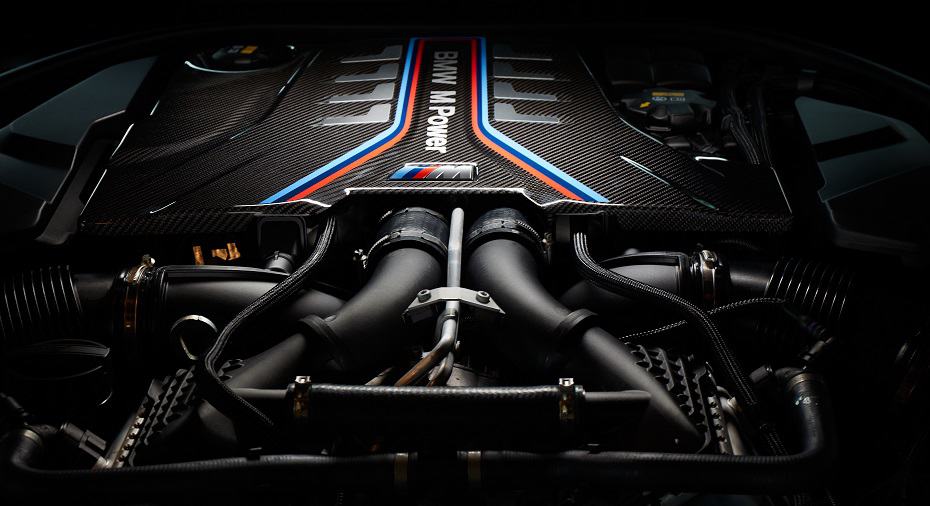
Do Bigger Engines Really Pack More Power?
It’s an age-old question: does bigger mean better? When it comes to naturally-aspirated engines—those without turbochargers or superchargers—the answer is a bit murky, but generally, yes. Larger engines tend to produce more horsepower, but it’s not as simple as it sounds.
Do Bigger Engines Make More Power?

Typically, a bigger engine can burn more fuel with each revolution. More fuel means more force, which translates to more power. But horsepower isn’t just about size; it’s influenced by a bunch of other factors too—like forced induction systems, the materials used in the engine, drivetrain efficiency, and ECU settings.
Take the Ford Focus RS, for instance. It churns out 345 BHP from a 2.3-liter turbocharged four-cylinder engine. On the flip side, the Ford Crown Victoria’s 4.6-liter V8 only delivers 220 BHP. So, while the Crown Vic has a bigger engine, it doesn’t necessarily mean it’s more powerful. It’s a classic case of size not being everything.
What Is CC?

CC stands for cubic centimeters, which is how engine size is measured. In the U.S., some manufacturers still use cubic inches, but converting them to CC is easy—just multiply by 16.4.
When talking about engine size, it’s not just the big hunk of metal under the hood. It’s about the volume where the piston moves up and down in the cylinder. More CC means more room for fuel to combust. So, a 2,000 CC four-cylinder engine has 500 CC per cylinder, while a 2,000 CC V8 has 250 CC per cylinder. And remember, 1,000 CC equals 1 liter. So, a 1,500 CC engine is the same as a 1.5-liter engine.
What Is HP?

HP, or horsepower, measures power. One horsepower equals 750 Watts or 550 foot-pounds per second. It’s calculated by multiplying force (in pounds) and distance (in feet) and dividing by time (in minutes).
The term comes from James Watt, who needed to show that his steam engine was better than a horse. He figured a pony could pull 33,000 pounds of work in a minute, setting the standard for engine power.
There’s also brake horsepower (BHP) and wheel horsepower (WHP), which measure power at the wheels. These are more precise indicators of a car’s performance compared to standard horsepower. And in Europe, you might see metric power units like PS or CV, which are slightly different from standard horsepower.
How Do You Convert CC to HP?

So, how many CC equal one horsepower? It’s tricky to pin down. Generally, in a naturally-aspirated engine, about 15 CC equals 1 horsepower. So, 1,000 CC would roughly translate to 67 HP, while a 2,000 CC engine might yield around 133 HP. But for the most accurate info, check the owner’s manual or hit up a dyno for a real-world measurement.
How Many CC Do I Need?
Do larger engines mean more power? Not necessarily. It all depends on the intended use of the vehicle. For everyday driving, most folks don’t need to rocket to 60 mph in a flash. Plus, bigger engines often produce more emissions and can be pricier to insure and maintain.
If speed is the goal, then sure, a bigger engine might be the way to go. Classic American V8s usually start at around 4,000 CC for serious power. But for off-roading, torque is king, and a diesel or electric engine can deliver that without needing a massive engine size.

